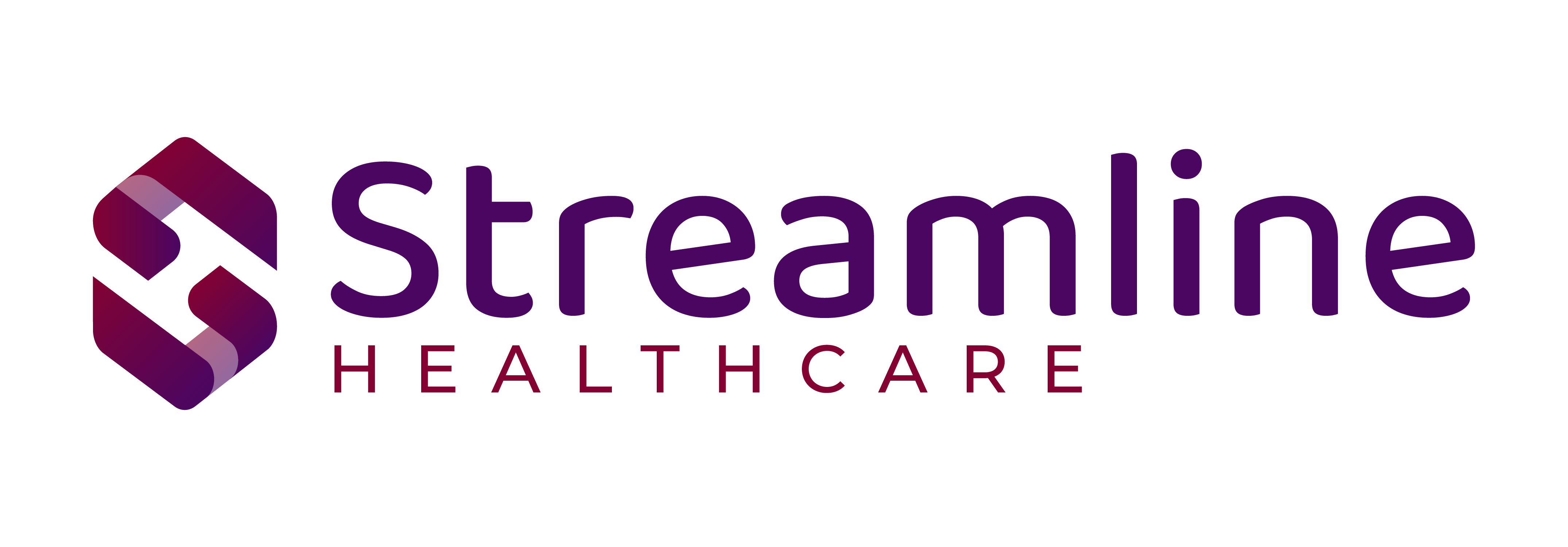Following are some basic frequently asked questions about behavioral health and human services electronic health record software. For more detailed information, contact us at info@streamlinehealthcare.com.
FAQ
What is an EMR or EHR?
EMR stands for Electronic Medical Record, while EHR stands for Electronic Health Record. At their most basic level, each are ways for storing and communicating health records digitally. Behavioral Health EHRs are records that contain both behavioral health or mental health information and physical health information, such as:
- Personal and demographic data
- Assessments
- Diagnoses
- Treatment Plans
- Progress notes
- Medications
- ePrescriptions
- eMar (electronic Medication Administration Record)
- Outcomes
- Medical information, including
- Laboratory data
- Allergies
- Imaging reports
- Vital signs
- Medical History
- Immunizations
What is Behavioral Health EMR or EHR software?
EMR and EHR software programs are designed to help providers better care for their patients and clients and operate more efficiently by using EMRs and EHRs. Behavioral Health EMR software and Behavioral Health EHR software focus on behavioral health and mental health. Some of these software programs also coordinate with EMR software used primarily by primary care physicians and hospitals to enable coordination between mental and behavioral health and physical health.
What types of Behavioral Health EHR software programs are available?
Behavioral Health EHR software programs are available in many different types. The most basic types are used by single practitioners (therapists, psychologists, psychiatrists, etc.) or small mental health practices to serve clients. Many of these software programs also include billing and revenue cycle management functionality to make it more efficient for providers to get reimbursed by insurers and other payers for the mental health services they provide.
Some Behavioral Health EHR software programs focus on or include functionality specific to certain types of treatment, such as substance use disorder and intellectual or developmental disabilities. Some of these programs also include functionality for human services such as foster care and adoption and child and family services.
The largest Behavioral Health EHR programs are enterprise behavioral health platforms. These mental health platforms are sophisticated enough to help medium to large behavioral health providers offer a broader range of behavioral health and mental health services on a larger scale.
What does an enterprise behavioral health EHR platform do?
True enterprise behavioral health EHRs enable providers to manage their entire organization from one single platform. These include clinical care services for inpatient and residential and outpatient and day services. Many support a range of additional services including substance use disorder, intellectual or developmental disabilities, and primary care integration. Enterprise EHRs also include revenue cycle management and practice management functionality, as well as sophisticated analytical and business intelligence capabilities.
What is a Certified Community Behavioral Health Clinic?
A Certified Community Behavioral Health Clinic (CCBHC) is a clinic designed to ensure access to coordinated comprehensive behavioral health care. CCBHCs are required to serve anyone who requests care for mental health or substance use, regardless of their ability to pay, place of residence, or age.
CCBHCs are required to provide a comprehensive array of behavioral health services to help coordinate care across multiple providers. In addition, CCBHCs must provide care coordination for behavioral health care, physical health care, social services, and other systems.
CCBHCs are required to provide nine core services, as well as 24/7 access to crisis services, which they can provide directly or via formal relationships with Designated Collaborating Organizations (DCOs):
- Crisis Services
- Treatment Planning
- Screening, Assessment, Diagnosis & Risk Assessment
- Outpatient Mental Health & Substance Use Services
- Targeted Case Management
- Outpatient Primary Care Screening and Monitoring
- Community-Based Mental Health Care for Veterans
- Peer, Family Support & Counselor Services
- Psychiatric Rehabilitation Services
CCBHCs are required to report on 21 quality measures, have a plan for quality improvement, and track other program requirements.
CCBHCs can be supported through the CCBHC Medicaid Demonstration, through SAMHSA-administered CCBHC Expansion (CCBHC-E) Grants, or through independent state programs.
What is Whole Person Care?
Whole Person Care involves integrating physical health, behavioral health, and social services in a patient-centered manner to improve outcomes for individuals. It focuses on assessing the whole person—not just individual conditions—and considering multiple factors when addressing health concerns. Whole Person Care can help individuals, families, communities, and populations to improve their health in interconnected biological, behavioral, social, and environmental areas.
What is Measurement Based Care?
Behavioral Health Measurement-Based Care (MBC) is the systematic evaluation of patient symptoms before or during an encounter to inform Behavioral Health treatment. MBC involves tracking patient progress over time using standardized measures and adjusting treatment plans accordingly. With MBC, evidence-based tools are used to monitor patient outcomes, identify areas of improvement, and adjust treatment interventions based on patient needs and preferences.

